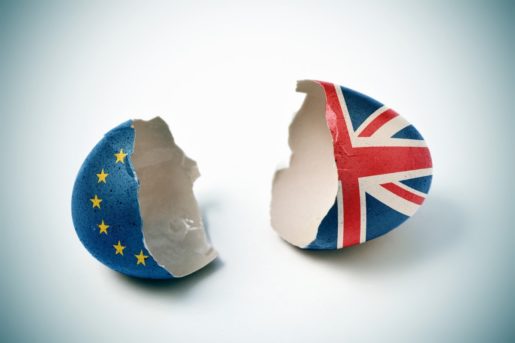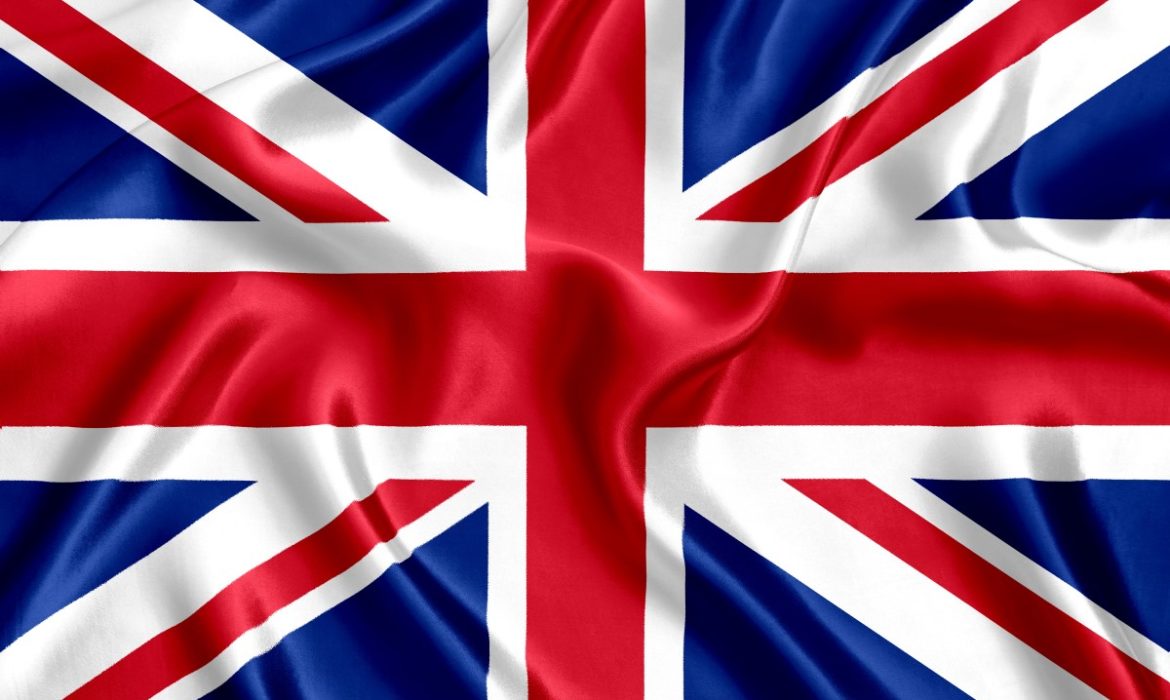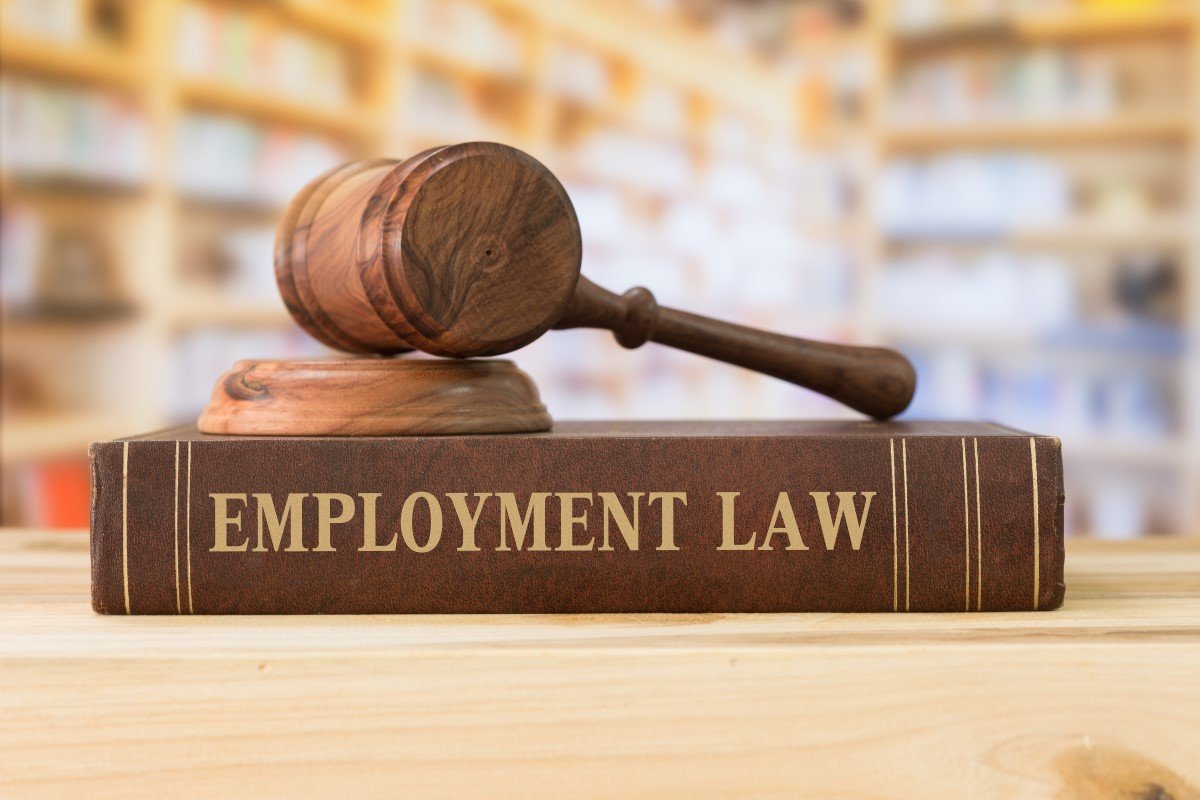After the global slowdown and Brexit uncertainty, the UK still managed to avoid a recession. Its economy grew just by 0.3 percent in the third quarter of the year.
Economists anticipated a 0.4% growth, but it never happened. They thought temporary liftings from the companies by stockpiling goods would help stimulate growth.
There were reasons for the Prime Minister and his Chancellor, Sajid Javid, to be worried after the economy slowed to a 0.1% contraction in September. The situation improved in July.
The Office for National Statistics said the UK economy shows some signs of slowing.
In the second quarter of the year, GDP shrank by 0.2 percent.
If the contractions continued, most probably Mr. Johnson’s hopes to win a general election next month would have died.
The construction and services sectors contributed a lot to GDP growth.
The ONS said with the help of the service and construction sectors, the GDP is starting to rise again. Manufacturing failed, but the car production industry bounced back.
The economy index has grown compared to weak indexes of April. After the Brexit, Great Britain had hard economic times. But still, the numbers are not satisfactory.
Five weeks until the Election
Senior UK economist at Capital Economics, Ruth Gregory, said that the results in economic growth are not hopeful for the government. The main reason is that after five weeks, there will be elections. The Bank of England might become more inclined to cut interest rates before the Brexit uncertainty fades away added, Ruth Gregory.
Business groups are not optimistic about the economic index, as well.
Chief economist at the Institute of Directors, Tej Parikh, said that there is no reason to celebrate, even though the UK narrowly avoided a recession. There are some flaws in investment and productivity, but high employment provided some support for the economy.
The new government should stimulate economic index activity because of the global slowdown of markets. The current pattern of growth is not acceptable for British citizens.
The fact that British ministers are celebrating a 0.1 percent index growth over the last six months says a lot about the low hopes they have.
Labour’s shadow chancellor John McDonnell said that the solution is in labor. It will build a high-skill and high-wage economy.
Warning from the Rating Agency Moody
After the warning of the rating Agency Moody that it might cut the UK’s credit rating, the figures came. The predictability and capability that was a trademark of the UK’s institutional framework have diminished. The Brexit-era policymaking process is going with paralysis and inertia.
Moody also said the reason behind the decline of institutional strength is the structural nature of the Brexit. It created notable divisions in society and the political landscape.
Even though in the United Kingdom is no recession, the fact remains that the economic growth index is the smallest since 2010. Brexit’s uncertainty and the global slowdown affected it greatly. Many people who were looking optimistic towards Brexit now have changed their minds. The UK will wait for the upcoming elections, and then they will see what happens in the economic sector.















